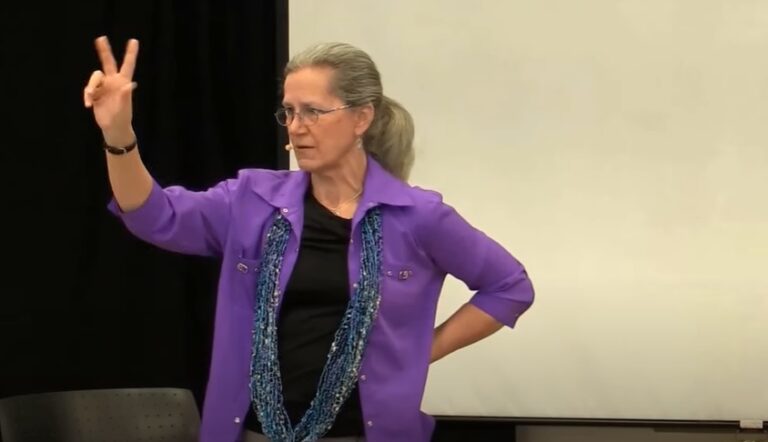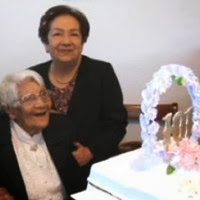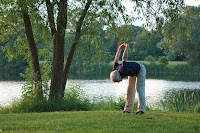
I May Be Forgetful
This pleasant poem highlights how people living with dementia may be feeling.

This pleasant poem highlights how people living with dementia may be feeling.

There is more to us than our brains and our bodies, says dementia expert Teepa Snow. “There’s more to us than that … When we’re together, we become more.” Watch now.

Researchers discovered AWE to be a potent predictor of reduced pro-inflammatory cytokines. Can the awe we feel when touched by the beauty of nature, art and spirituality protect us from Alzheimer’s high levels of cytokines?

POEM: Moving poetry about mothers, dementia and powerful love.

TEEPA CARE VIDEO: In dementia, why focus on what people lose? Focus on what they have. Teepa shows how to make the most from their abilities.

TEDx CARE VIDEO: Is caregiving an honor or a burden? A great call-of-duty or a heavy sense of obligation? Does it really matter? See research

Researchers found in a study that people who developed dementia were more likely to have their credit rating drop at least two and a half years before the diagnosis. Some had problems managing their money up to six years before. Find out more.

Researchers find that a diet including more fruit, vegetables, beans and tea or coffee lowers the risk of developing dementia later in life. Learn more.

Did you know? Intellectual abilities are increased in the brain by an average 300% in most people ages 60-80.

Researchers found in a study that people who developed dementia were more likely to have their credit rating drop at least two and a half years before the diagnosis. Some had problems managing their money up to six years before. Find out more.

Researchers find that a diet including more fruit, vegetables, beans and tea or coffee lowers the risk of developing dementia later in life. Learn more.

Did you know? Intellectual abilities are increased in the brain by an average 300% in most people ages 60-80.

Too much sleep and too little sleep can contribute to cognitive decline, researchers report. Learn more.
No spam, only news and updates.